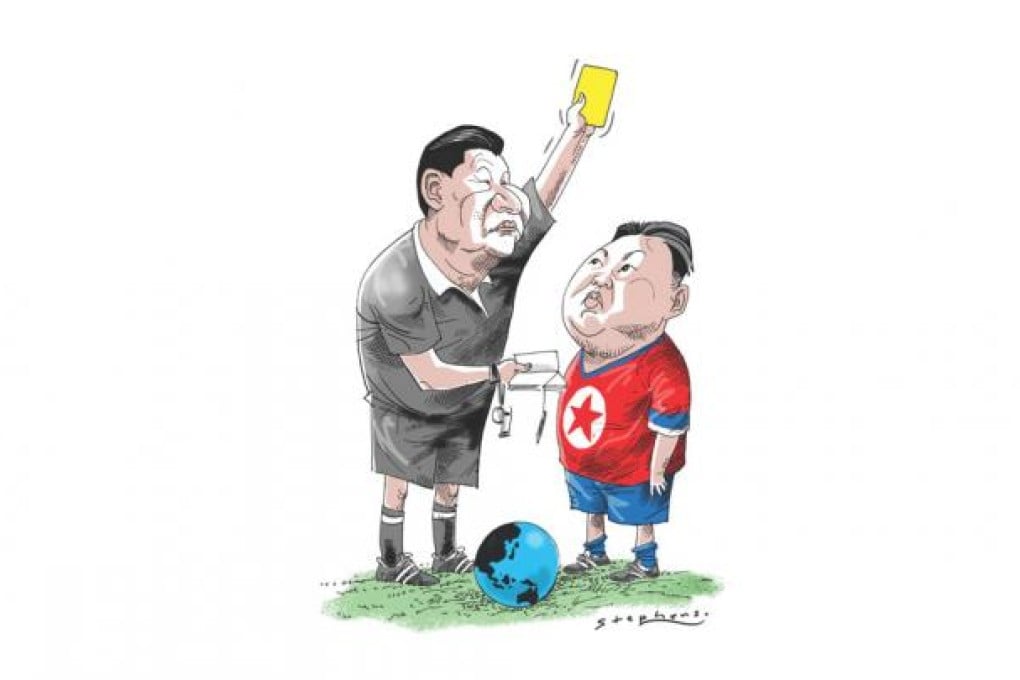China's caution to Kim is no empty threat
Zhu Feng says China's stinging rebuke of North Korea's provocations marks a shift in its approach towards a wayward ally - Beijing has signalled it will take action if pushed, perhaps even in concert with Washington

After nearly a month of belligerent bluster from North Korea, China appears to have had enough, ending its silence about North Korea's brinkmanship and suddenly roaring its disapproval of its ally's reckless threats. China's exceptional tough talk does not necessarily mean that it intends to abandon Kim Jong-un's regime; but, at the very least, it does suggest that a radical shift in China's policy towards North Korea might no longer be unthinkable.
When Foreign Minister Wang Yi exchanged phone calls with UN Secretary General Ban Ki-moon last Saturday, he expressed China's rejection of rhetoric and action aimed at destabilising the northeast Asian region. Moreover, Wang made it clear that China would not allow "troublemaking on China's doorstep".
The next day, President Xi Jinping, speaking to an assembly of primarily Asian political and business leaders at the annual government-sponsored Boao Forum, declared that no country "should be allowed to throw a region and even the whole world into chaos for selfish gain". Xi did not mention any country by name, but his implicit condemnation of North Korea was clear to all.
Before these official rebukes, there had been much speculation about whether China would risk a fundamental change in its relations with North Korea, the socialist "little brother" that it continues to subsidise heavily. Following the rare display of open indignation by Xi and Wang, such speculation has now become stronger than ever.
Some ask what "value" Kim's hermit kingdom provides that prevents China from acting decisively; others wonder to what extent Chinese leaders' domestic concerns continue to inhibit their willingness to switch course on North Korea.
In fact, China's leaders have agonised over North Korea's recent provocations. They have been struggling to persuade the Kim regime to temper its volatility and accept a "grand bargain": official recognition and normalisation of relations with all of its neighbours, and with the US, in exchange for denuclearisation. Indeed, this has led to considerable squabbling between the two nations in recent years.
China understands that North Korea's intractability is rooted in its deep isolation from the world, mass deception of its people, and Kim's fear of losing control of a country that only his family has ruled. So the country's rulers have come to believe that they can gain attention and resources only through provocation.